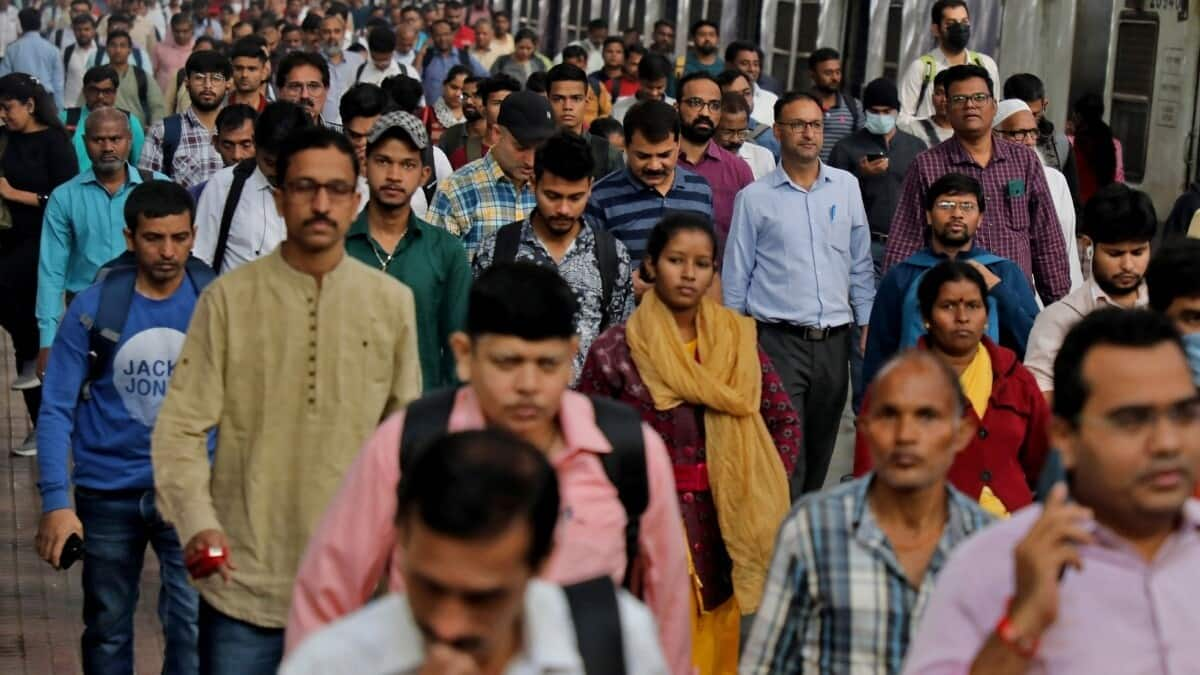Baby Chakraborty, KalimNews, October 28, 2024, New Delhi – After a delay of four years from its originally scheduled date, India’s long-anticipated national census is set to begin in 2025, according to central government sources. The extensive demographic exercise will be critical for the upcoming realignment of Lok Sabha constituencies, which is expected to be completed ahead of the 2029 general elections.
Originally planned for 2021, the census was deferred due to the COVID-19 pandemic. A potential rescheduling for 2023 was speculated, but reports indicate that the government opted to delay it further, likely to avoid disruptions before the electoral cycle. This means the Modi administration has not yet conducted a census since it took office in 2014. The lack of updated census data has reportedly complicated policy planning and program execution, with officials relying on data from the 2011 census—a source of concern among some economists who argue that more recent data would enhance the accuracy of government initiatives.
As per current plans, census activities are projected to commence in 2025 and conclude in 2026, with categories for Scheduled Castes and Scheduled Tribes explicitly included in the data collection. Once the census data is finalized and published, the realignment process for Lok Sabha constituencies will begin, a project expected to take two years, culminating in 2028 with a revised list of constituencies. This realignment will form the basis for the 2029 Lok Sabha elections, enabling representation based on more current demographic data.
The opposition has repeatedly criticized the government for the census delay, arguing that it has hindered effective governance and the equitable allocation of resources. They contend that up-to-date population data is essential for addressing the shifting socio-economic needs of various communities.
With the census on the horizon, the country is set to undergo significant demographic recalculations that will shape its political landscape and influence critical policy-making decisions in the years to come.

